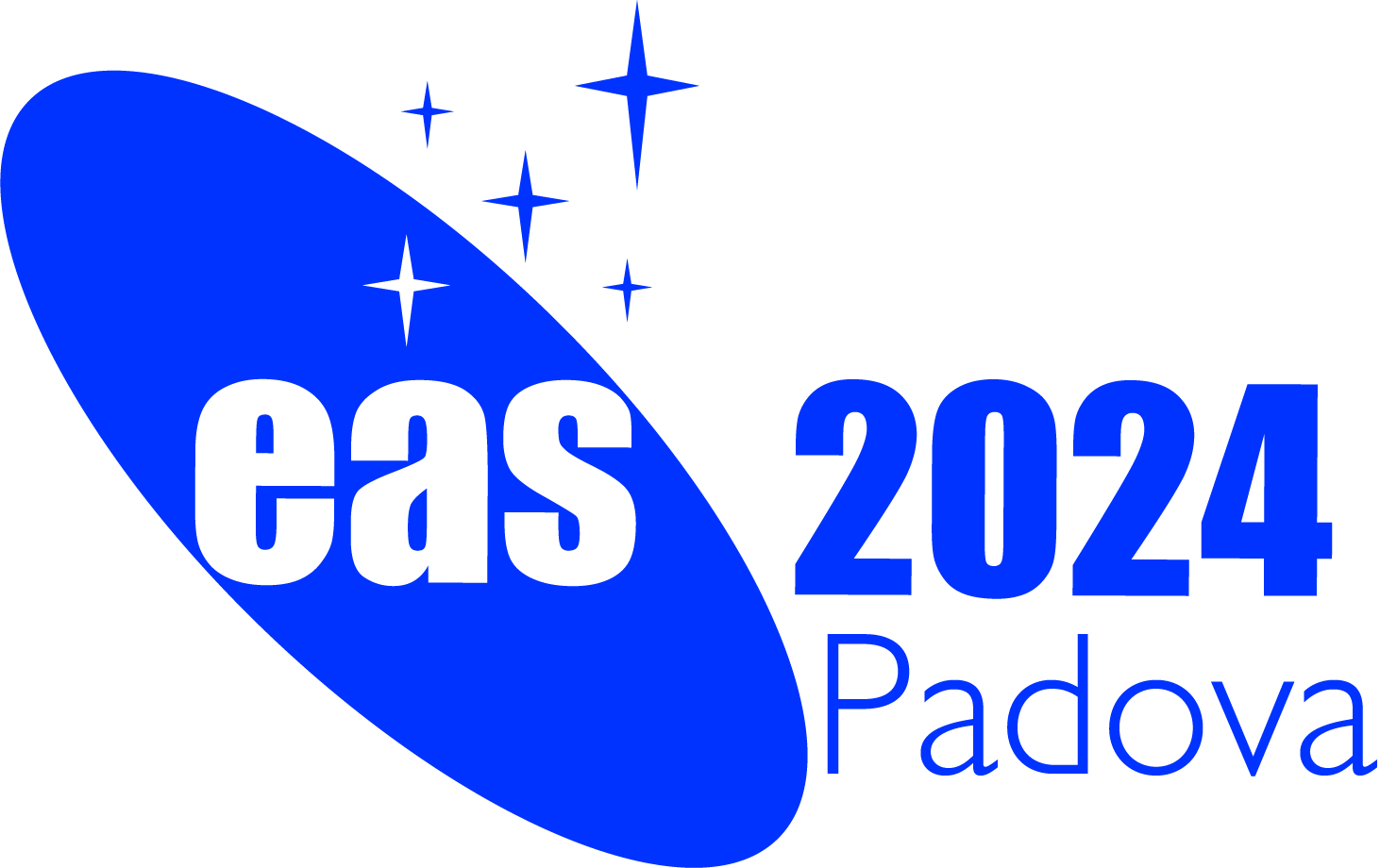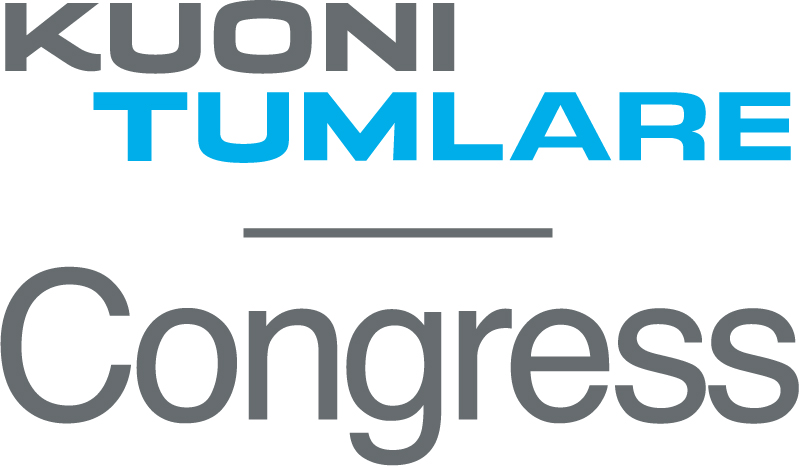
|
Special Session SS10
1-2 July 2024
The impact of the rapidly evolving field of artificial intelligence on astrophysics research: avenues and potential breakthroughsNews: Confirmed Invited Speakers: * Viviana Acquaviva * Noemi Anau Montiel * Luisma Sarro * Ashley Villar * Mike Walmsley Aims and scope
Over the last decade, machine learning (ML) and artificial intelligence (AI) methods have become widely used across various fields of astrophysics. These techniques have sparked a new era of data-driven discoveries, significantly enhanced our ability to extract model parameters from data, and are increasingly being used to supplement or even replace costly numerical simulations ranging from cosmology to stellar structure and evolution. As these methods become integral to astrophysical research, we're witnessing the emergence of AI for astronomy as a distinct field. This development is driven by the realization that state-of-the-art AI tools are often not ideally suited for our unique data sets or for extracting the physical meanings inherent in astronomical data. Customizing AI to meet the specific needs of astrophysics is becoming essential. The rapid expansion of AI, with more ML methods becoming standard in astrophysics, suggests that novel methods and developments could be central to the next major breakthroughs in our field. The advent of Large Language Models based on transformer architectures is a prime example of how AI innovation can transform astronomical research, when adapted for this domain.
Programme
Invited speakers
Scientific organisers Rafael Martinez-Galarza Cecilia Garraffo Marc Huertas-Company Andres Moya Floor Broekgaarden Contact Rafael Martinez-Galarza jmartine @ cfa.harvard.edu Updated on Tue Feb 27 14:28:39 CET 2024
|
||||||||
|
European Astronomical Society |
|||||||||
 A power cut will shut down all EAS services on Tuesday, 10 January 2017 starting at 7:30 CET.
A power cut will shut down all EAS services on Tuesday, 10 January 2017 starting at 7:30 CET.

